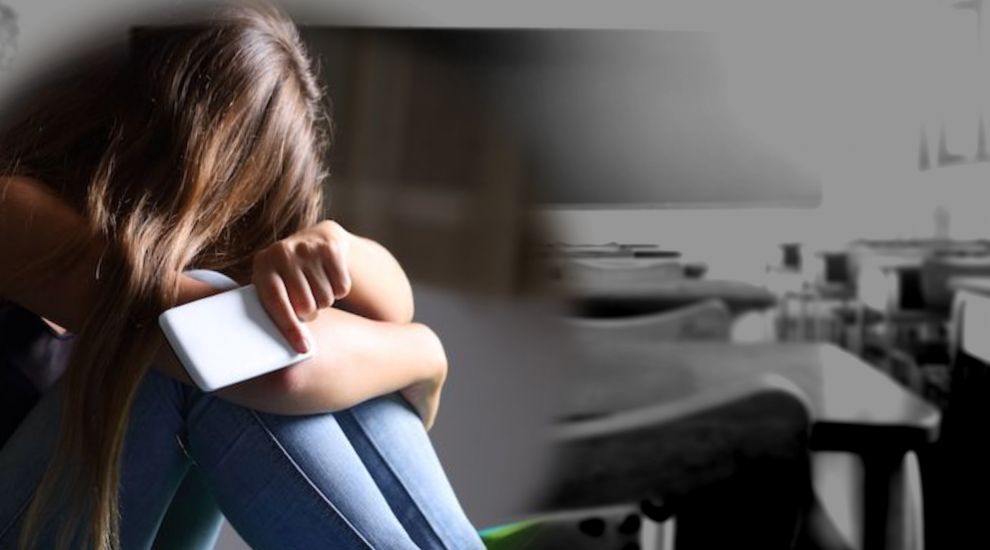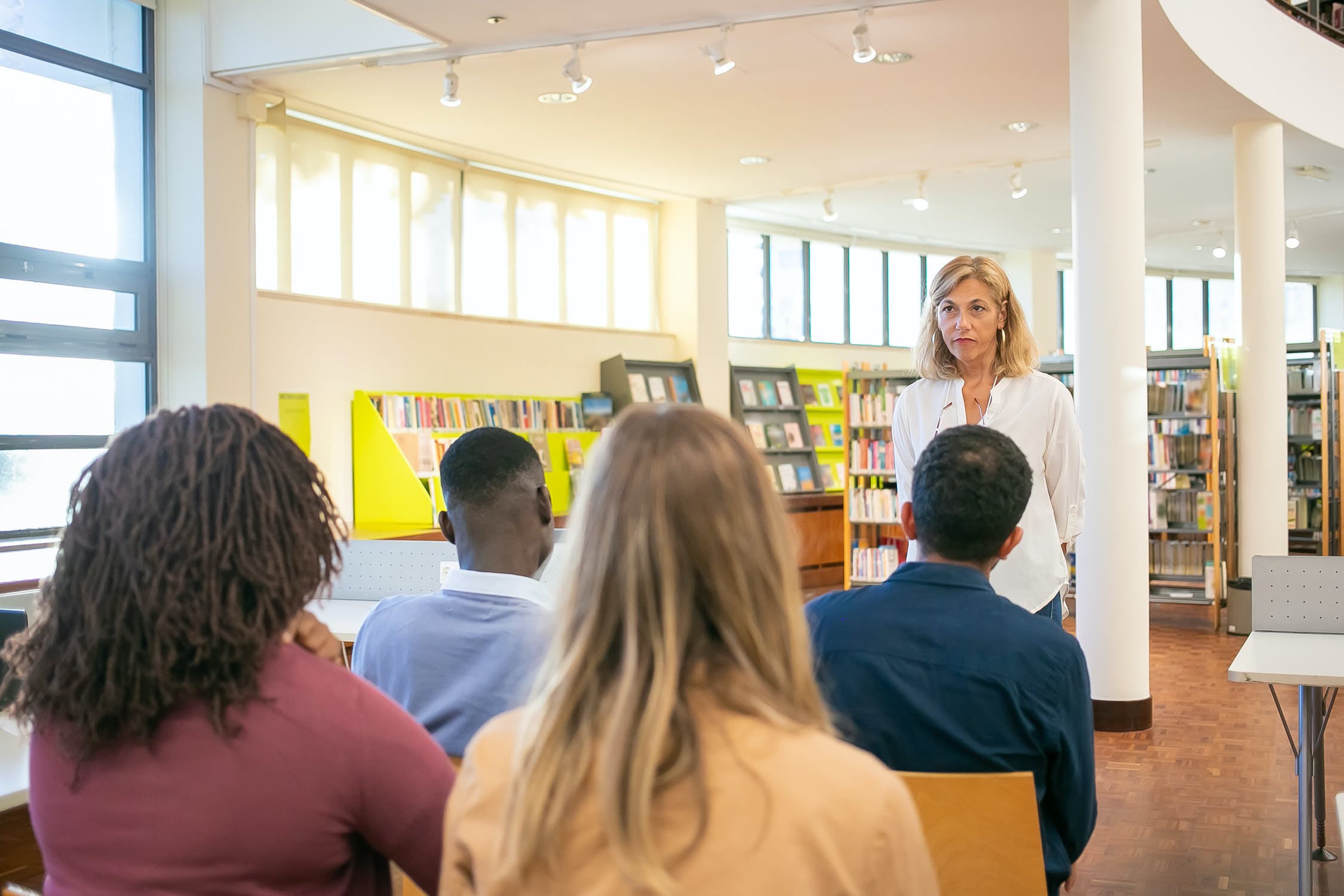


A local charity dedicated to supporting victims of sexual violence, and educating islanders about the myths of rape and consent, was called into schools after concerns were expressed about students’ attitudes towards women.
Jersey Action Against Rape (JAAR) have said schools requested they talk to students following conversations about the recent death of Sarah Everard.
Speaking on the latest Bailiwick Podcast, JAAR’s Office Manager Jayne Gruchy explained that the educators were shocked at a lack of empathy when discussing the death of Miss Everard, who disappeared in South London one evening last month, before being found dead several days later.
“What we found is that we got contacted by local schools, and on the back of the responses of some of the children of what they were saying to the teachers, they have found that some of the responses of the young men in the class were not what they had expected,” Ms Gruchy said.
“The sympathy wasn’t there, the empathy wasn’t there, and that shocked and surprised them, and so they felt they needed to bring JAAR in to help with discussions around the whole area of sexual safety and…around consent.”
On some of the reasons for these attitudes, Ms Gruchy outlined “the myths of rape”, which include whether what someone was wearing, or whether they had been drinking, make them partially 'responsible' for any crimes committed against them.

Pictured: Ms. Gruchy highlighted concerns about "graphic" pornography being easily accessible to young people.
Another area she wished to address was that of pornography, and the ease of access young people have to it, as well as how graphic the imagery is.
“People we know are watching it during school and we’re concerned about this sort of behaviour,” she said.
However, she added that she was not looking to preach on the matter of pornography overall either, acknowledging “it’s never going to go away.”
Instead, she said that “we need to kind of discuss with young people about it, about where it comes from, the big fat cats who produce it, how much money they make from it and down to the effects it can have on their physiology,” citing erectile dysfunction as a result of being numbed to “very graphic images.”
She added: “The problem lies is when it takes over someone’s life, and we do know it’s highly addictive.”
Zoe Collins-Fisher, Community Engagement Officer at JAAR said that the group are currently working with local Youth Theatre group, Drama Lab, to create a series of interactive shows that encourage young people to understand healthy sexual relationships.
“We are creating a series of roadshows to go into secondary schools and colleges and youth groups… and do a few scenarios.
“We’re going to get the young people involved, we’re going to pause it, we’re going to ask what they think, whether they relate to what they’ve seen, [and] what healthy consent looks like.”

Pictured: JAAR are suggesting parents and educators to discuss with subjects like consent and pornography with young people to help them understand healthy relationships and attitudes.
Ms Collins-Fisher said she wanted young people to understand all the details of consent that people don’t always realise too.
Using an example of one aspect of consent often overlooked by young people, she spoke about the action of being sent or taking a private photo and then going on to share it without the other party’s consent.
“If that is then shared without the knowledge of the person in the photo, it is actually breaking the law, you can be put on the Sex Offenders' Register for it, which will obviously will then ruin your life going forward,” she explained.
Another key point she highlighted was giving consent on a night out, and how someone can change their mind as an act goes on, something the other party needs to be aware of.
“You could have originally said 'yes', but then as you start the act, you could then become non-consensual in your body language, or you’re not emotionally connecting, you’re not making eye contact, you’ve gone still, and that’s when the consent is then withdrawn,” she explained, emphasising that if you say 'no', the act needs to stop.
Ms Gruchy added that conversations are needed to be had between young people, educators, and parents on subjects like consent and pornography, with Ms Collins-Fisher noting that there was a need to start them younger.
Ms Collins-Fisher also said that everyone in the community had a part to play in being a "role model" and calling out misogynistic behaviour whenever they notice it.
Comments
Comments on this story express the views of the commentator only, not Bailiwick Publishing. We are unable to guarantee the accuracy of any of those comments.